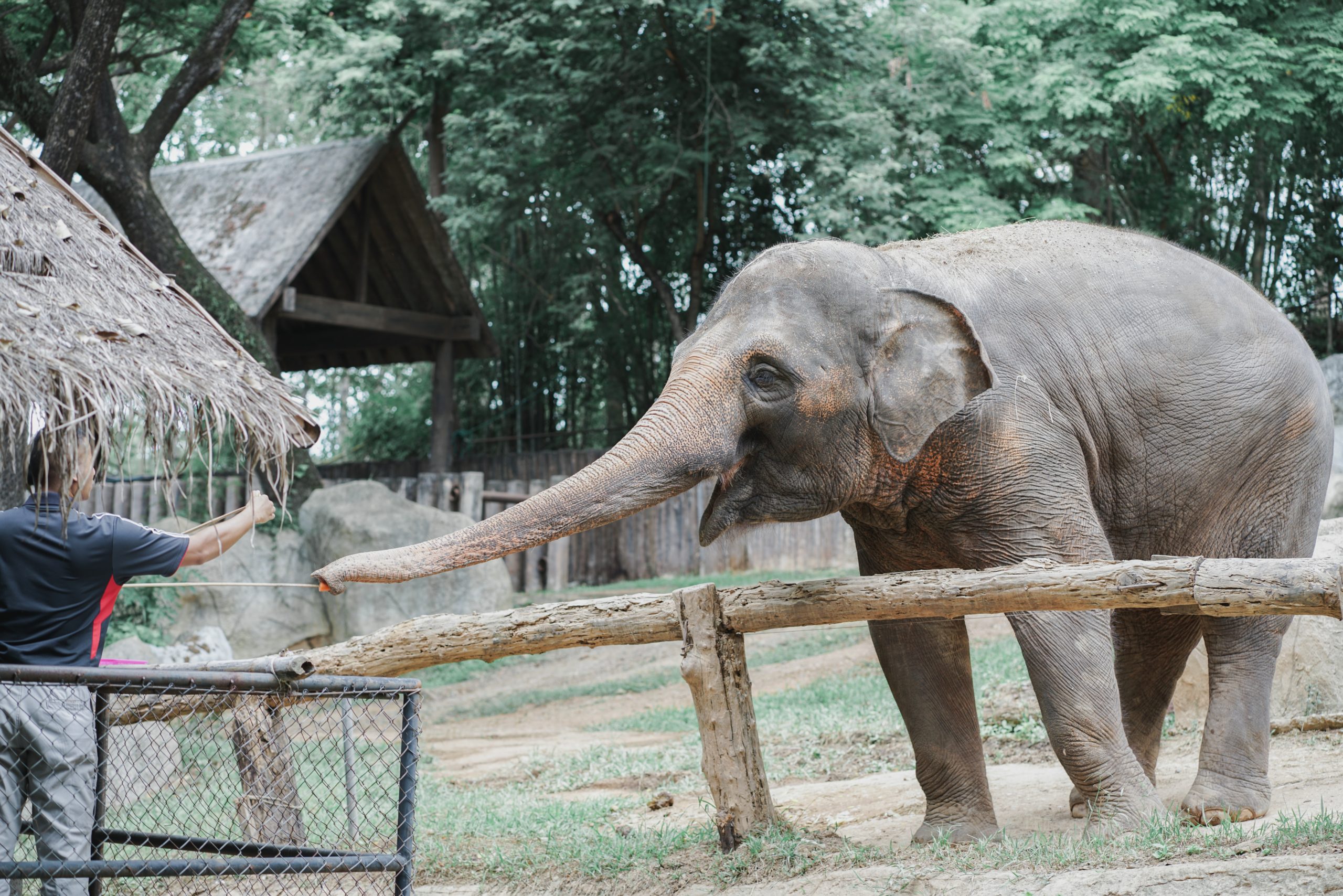|
Among other duties, all zookeepers are responsible for feeding animals, cleaning animal feces, and scrubbing enclosures.
To better understand how zookeepers relate to their work and the influence that has on their happiness, researchers interviewed 982 zookeepers from 157 zoos across the US and Canada.
They discovered:
- Zookeepers who describe their job as “picking up poop and cleaning cages” hate their jobs.
- Zookeepers who describe their job as “protecting the world’s wildlife and educating the public about animals” love their job, see it as their calling, and would do it for free.
Ultimately zookeepers who recognize a purpose in their work are more likely to regard their work as meaningful and important.
I noticed the power of purpose when my mom started volunteering at the Northern Illinois Food Bank after retiring.
Every Tuesday she spends the afternoon with other volunteers bundling various donated foods for distribution to shelters and other feeding programs around the state. Some days she’s packing potatoes, other days she’s weighing rice or sorting cans of tuna.
At the end of each shift, the Food Bank gathers the volunteers to report and celebrate their results. For example, this week she helped to pack 2,460 pounds of food which will provide 2,050 meals.
And as they leave, each volunteer receives a thank you notecard with these numbers.
Why? Because the Food Bank operation depends on its volunteers. And volunteers who know they made a difference will volunteer again. So the Food Bank routinely connects the task to the impact to demonstrate to volunteers that packing potatoes is meaningful and important.
By articulating a purpose, the Food Bank illuminates the why behind their work.
- Do you pick up poop or protect the world’s wildlife?
- Do you pack potatoes or feed hungry neighbors?
Never underestimate the power of purpose to fuel job love! |

